The Toki, also known as the crested ibis, is a notable bird species native to eastern Asia. This majestic bird was once nearly extinct, but has made an incredible comeback thanks to conservation efforts in China, Japan, and South Korea.
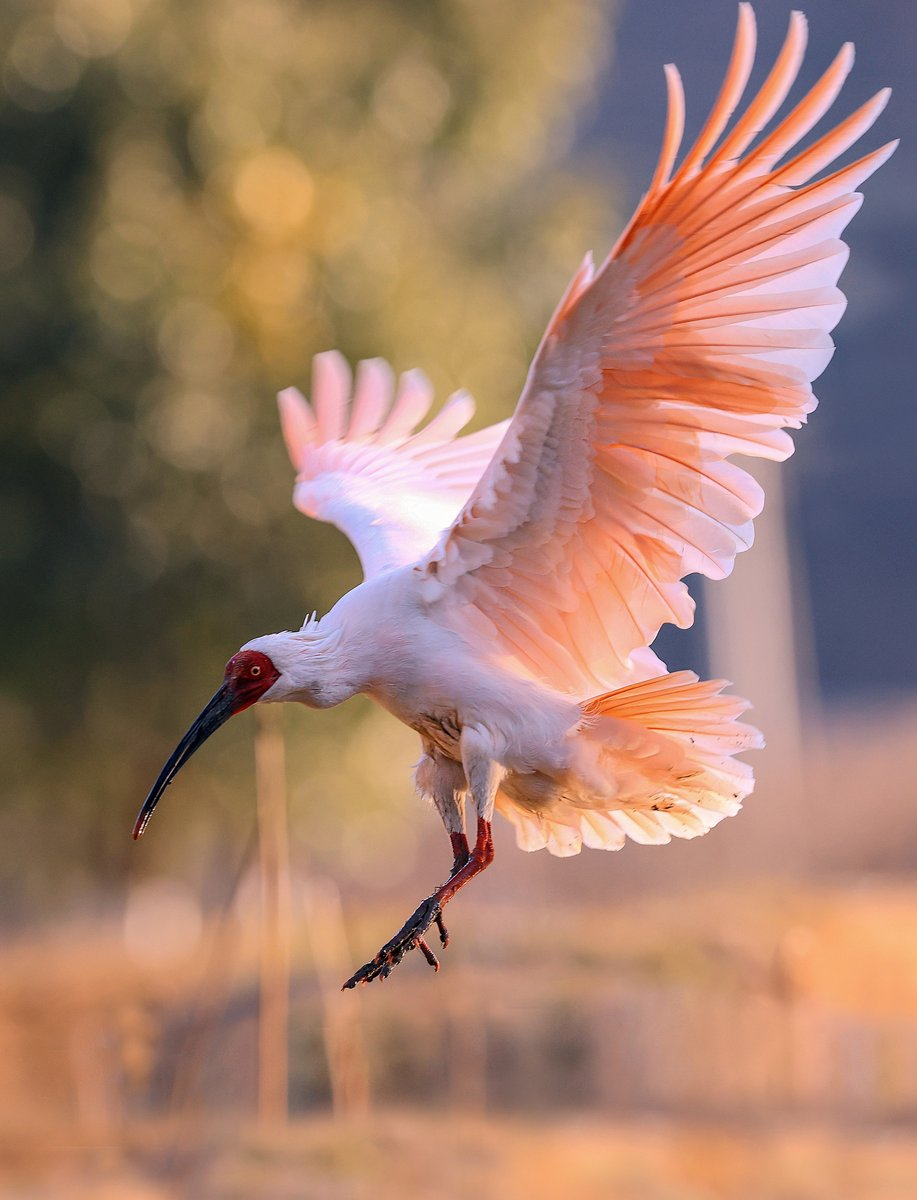
The crested ibis is a large bird that measures around 75 cm in height and can spread its wings up to 130 cm. It has an elegant appearance with mostly white feathers, black primary feathers, a red face, and a special crest of wispy feathers on its head.
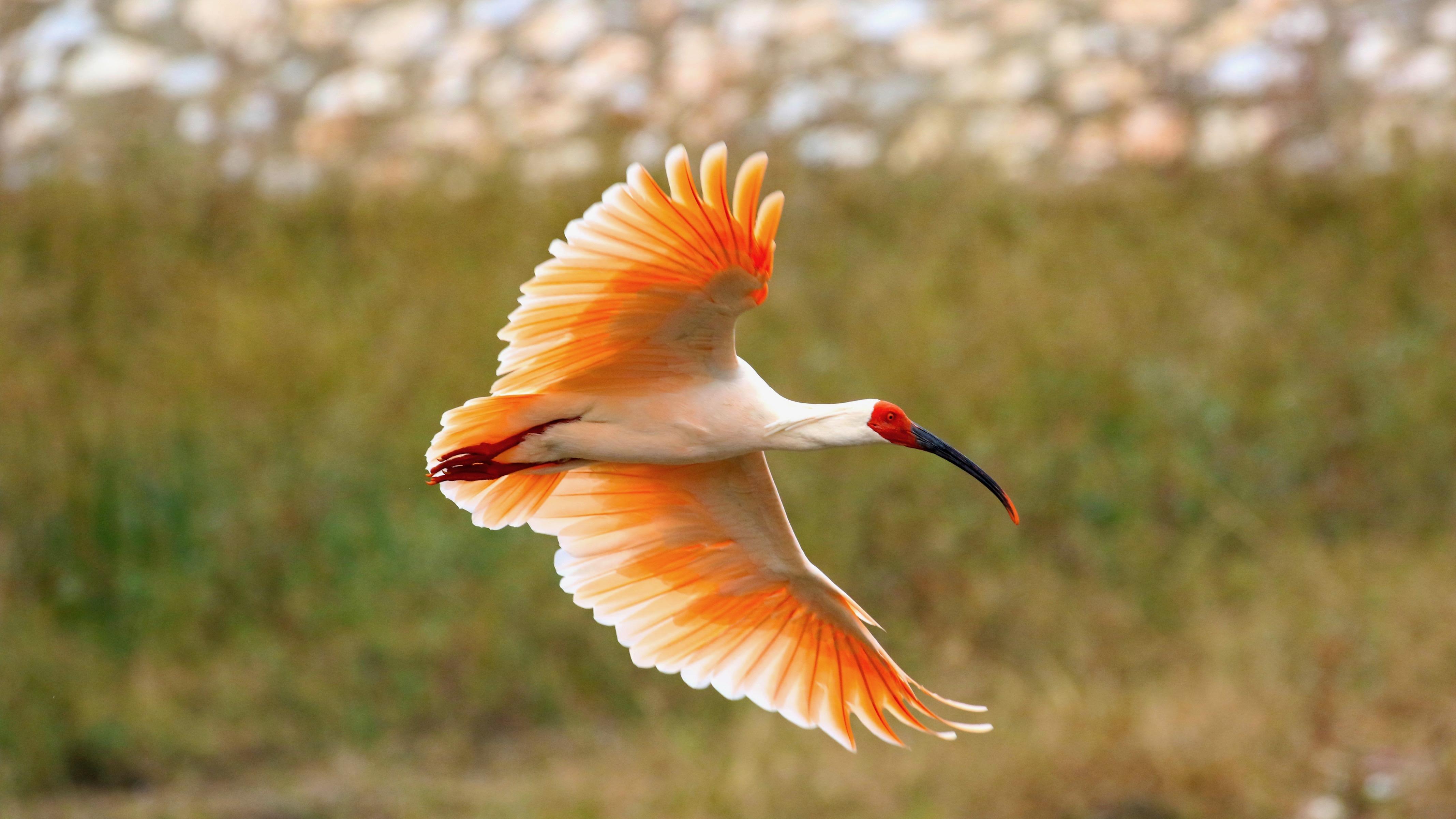
Throughout history, the crested ibis has held a special place in Asian culture, often depicted in traditional art and literature. Fortunately, in the 20th century, this beloved bird began to face significant threats, including habitat loss, agriculture, and pesticide use, leading to a rapid decline in its population.
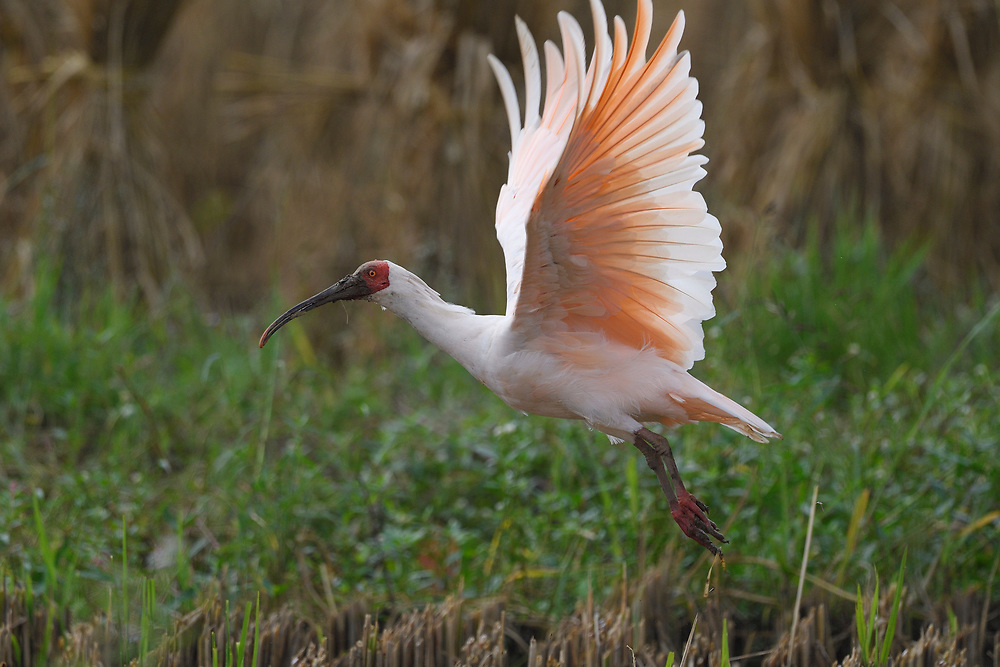
For many years, people have been working hard to save the crested ibis from disappearing forever. In the 1980s, a conservation program was started in Chipa, where the last remaining birds were captured for breeding in captivity. Thanks to the tireless efforts of conservationists and researchers, the Crested Ibis population has steadily increased over time and the species has been successfully reintroduced into several natural habitats.
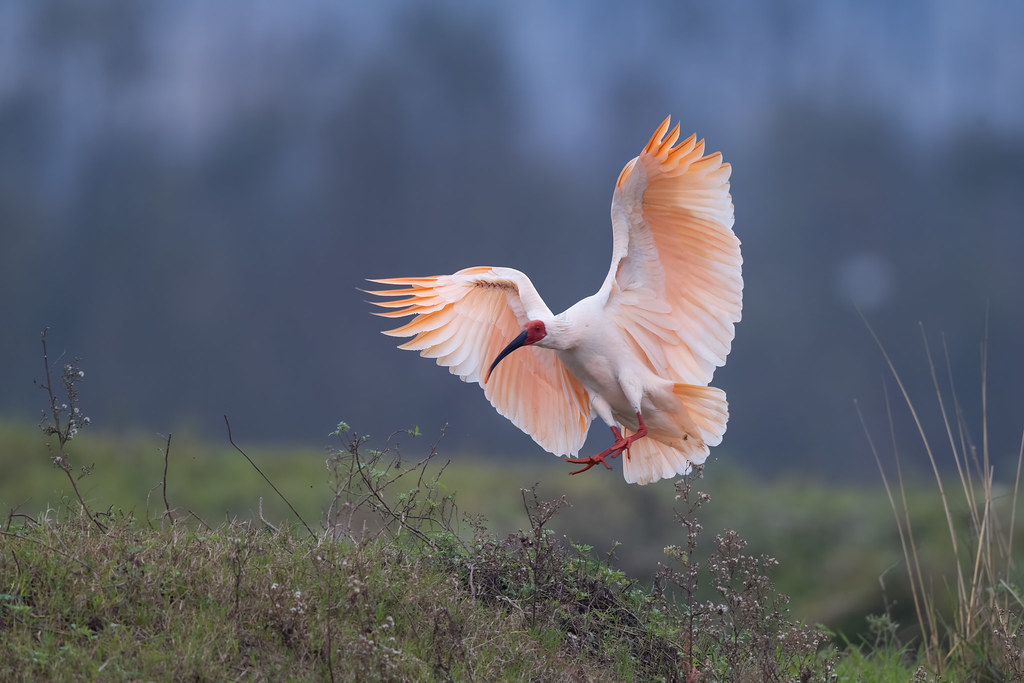
In addition to captive breeding and reintroduction, several conservation initiatives have been used to safeguard the habitat and flourishing of the crested ibis. These include rehabilitating wetlands and forests, eradicating invasive species, and creating protected areas for birds to breed and find food.
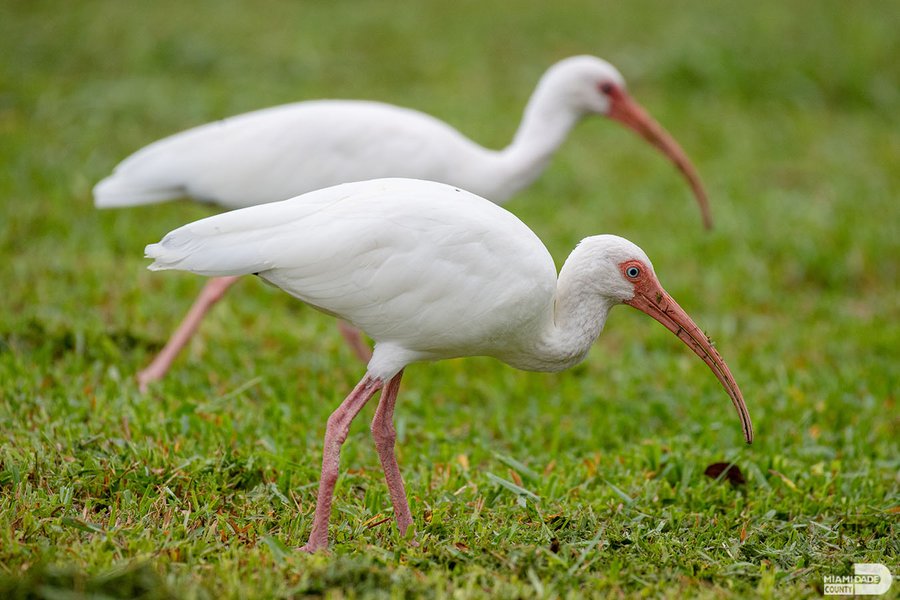
Gagging and educating the community are crucial elements to preserving the Crested Ibis. Communities residing near the birds’ natural habitat are actively participating in conservation initiatives while learning about the importance of preserving the species and its environment. This approach not only helps to safeguard the crested ibis, but also has a positive impact on the local population and its surroundings.



